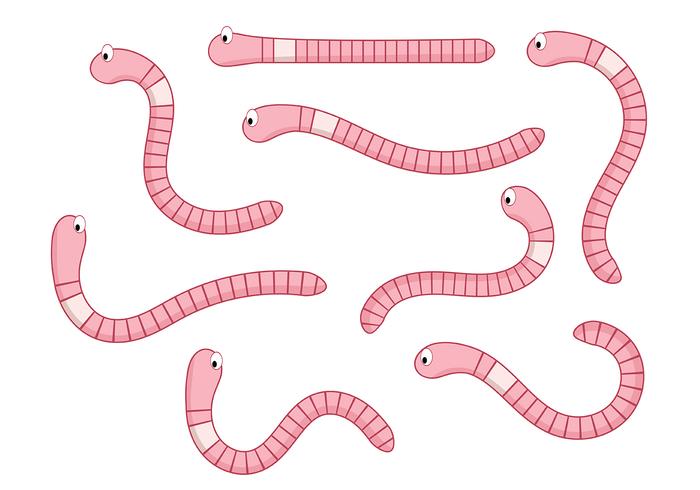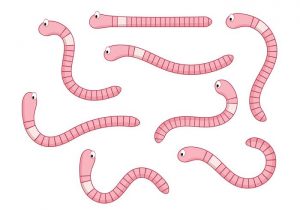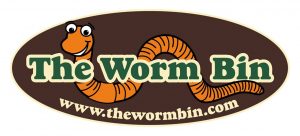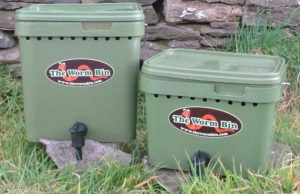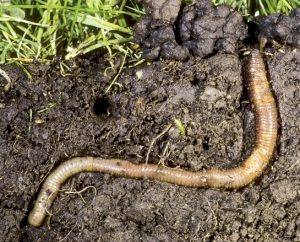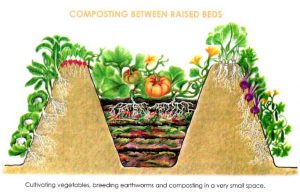Earthworms are the gardeners best friend and they are the primary decomposers in our temperate climate. Worms are efficient at breaking down organic matter into a plant available form resulting in the most rich and nutrient dense compost called worm castings. You can add worms to a newly established lasagne garden bed and kick start the worm population increasing the long term fertility of your soil. You can also use a worm bin to compost your organic waste and use the resulting worm castings as high grade fertilizer in your flower pots or garden beds. What a great way to recycle or even upcycle your kitchen waste instead of throwing it away or frequently having to turn your compost pile.
A big thanks to Ed and Jess from thewormbin.com in Kerry, Ireland for sending us samples featured in our video below. Great customer service and friendly advise. Our go-to source for both worms and worm bins.
Ed and Jess have given the Gardens for Life audience a discount code for 10% off all orders from thewormbin.com in July and August 2019. Here is the code: gardens10 . We appreciate this gesture very much and we would like to encourage others to make their own high quality clean compost.
– FOR VIDEO SCROLL DOWN –
Worms play an important role in a balanced eco system, same as the mycology and microbials in the soil. Just as there are many varieties of kale, there are many different species of earthworms. Brandling worms – Eisenia are dark red with yellow bands, this is why they’re also known as tiger worms. These live in the upper layers of the soil, which makes them ideal for mulched gardens as they are masters of recycling dead plant matter, compost and manure. They are also a lot smaller than the common earthworms, but don’t be fooled by their size, they can eat up to half their body weight in organic matter per day.
The common earthworm – Lumbricus improves the soil structure by burrowing up to 3meters deep creating a tunnel network improving the drainage of the land. Plant roots are able to use these tunnels as elevator shafts extending their root systems rapidly and reaching nutrients and minerals deep down otherwise hard to reach. Worms are a member of the food chain and an important source for food in particular for birds feeding their young nesting in Spring and early Summer.

